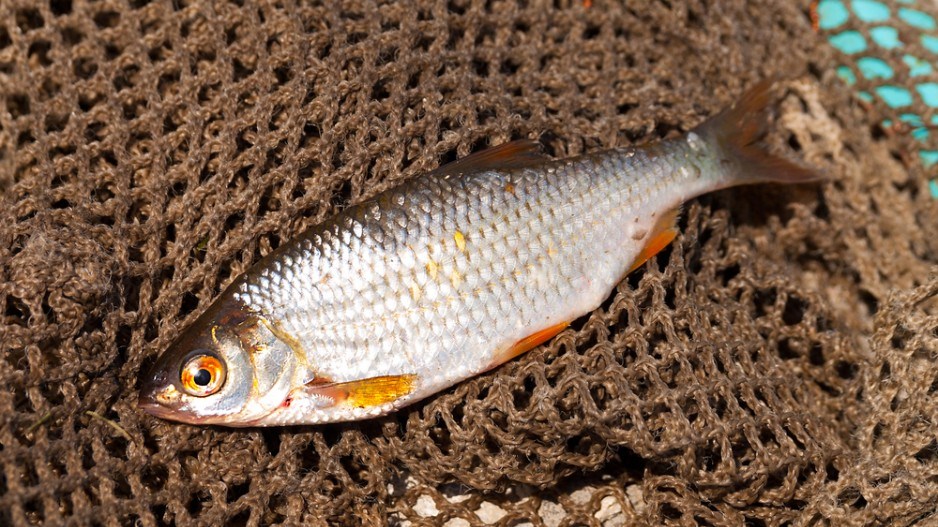Changes to Canada’s fisheries legislation that came into force November 25 could help speed up resource development at the expense of fragile ocean and freshwater ecosystems, environmental groups and scientists are warning.
The changes were introduced last year in two omnibus bills, C-38 and C-45, brought forward by the Conservative government.
“The most significant and controversial change is that the [Fisheries] Act is shifting away from protecting the habitat of all fish, to only protecting fisheries,” Anna Johnston, a staff lawyer with the West Coast Environmental Law Association, told Business in Vancouver.
It’s a move away from the ecosystem-based approach that has been practised up until now, and it may put certain species in danger, Johnston said.
“Many of Canada’s fish species will lose protection under the act,” Johnston said. “We just won’t know until we see how the Department of Fisheries and Oceans is going to interpret what a fish that contributes to a fishery is.”
According to DFO’s website, the changes are intended to strengthen the department’s response to threats to “the sustainability and ongoing productivity of Canada's commercial, recreational and Aboriginal fisheries.”
The changes to the legislation will also “provide clarity, certainty and consistency of regulatory requirements through the use of standards and regulations.”
“They claim that the amendments were intended to clarify parts of the Fisheries Act,” Johnston said. “But there’s this huge ambiguity about what’s going to be a fisheries fish or a supporting fish.”
The changes could make it easier and faster for resource development, such as oil and gas projects, to go ahead, Johnson said.
“A pipeline company that wants to put a pipeline over a river may not have to get authorization to do that now,” she said.
“Now cabinet has the power to say that an entire river or lake is exempt from any of the protections under the fisheries act.”
In June 2012, three former federal fisheries ministers — Tom Siddon, David Anderson and Herb Dhaliwal — sent an open letter to the Conservative government opposing the changes to the Fisheries Act.
Justice Bruce Cohen, who presided over the Cohen Commission of Inquiry into the Decline of Sockeye Salmon in the Fraser River, wrote in his final report that Bill C-38 could threaten sockeye salmon by weakening habitat protection measures. The government also failed to consult with First Nations and other stakeholders, Cohen wrote.
The federal government has yet to act on many of the recommendations in Cohen’s report.




